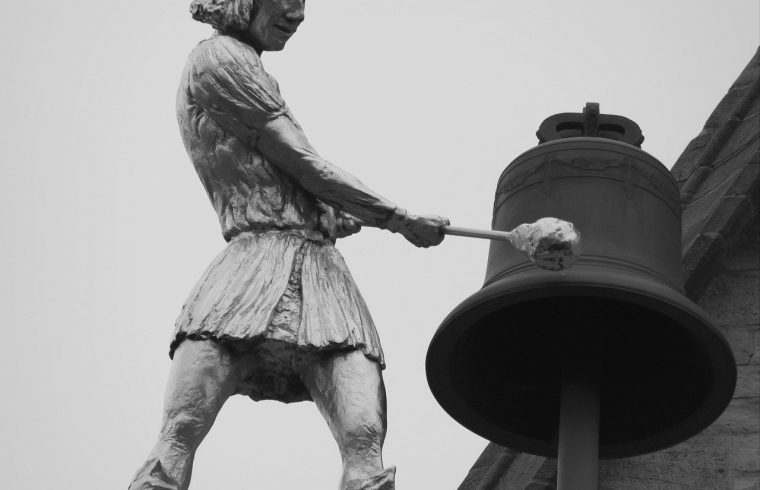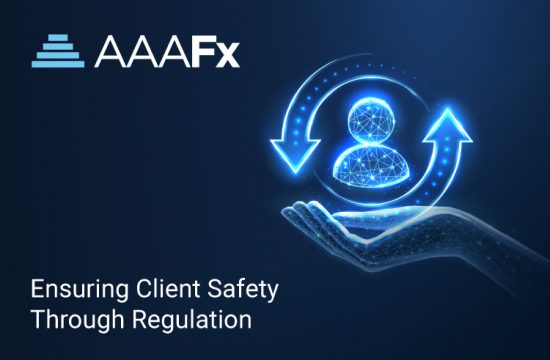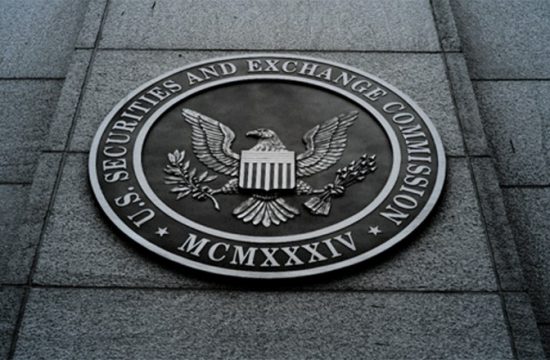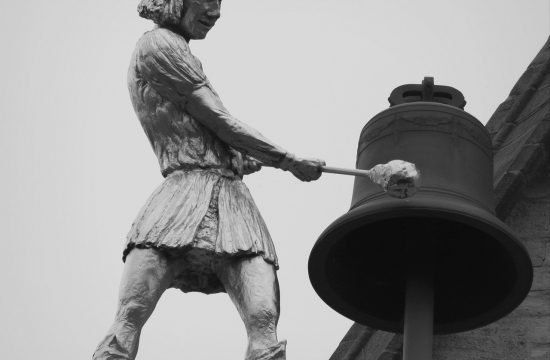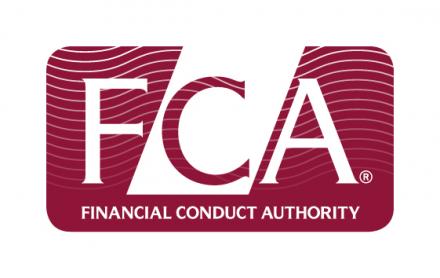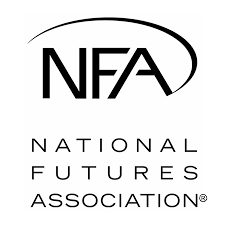The US Securities and Exchange Commission (SEC) awarded about $40 million in total to two whistleblowers, including one who waited several years to report wrongdoings to the regulator.
The awards, which were for $32 million and $8 million respectively, were issued to unnamed individuals whose information and assistance contributed to the success of SEC enforcement actions. The difference in size between the two awards reflects the factors used by the US securities watchdog to determine an award amount.
According to the SEC’s order, the first whistleblower who received the highest bounty provided information that caused the opening of the investigation. He then helped substantially advance investigations though identifying witnesses and aiding the SEC staff to understand complex fact patterns.
In the second case, the agency granted the $8 million award to one person for blowing the whistle in an unknown wrongdoing. In this particular case, the tipster’s information and assistance led to successful enforcement actions by the SEC though he waited several years to report to the commission.
While we do not know whether this whistleblower had any role at the target company, it appears that he was an insider, at least with respect to the wrongful conduct at issue.
With the latest awards, the SEC whistleblower program has paid out more than $1.1 billion to 218 whistleblowers since issuing its first award in 2012, the agency said.
Under the SEC’s program, whistleblowers can also be paid for information that prompts sanctions by other regulators, as long as they were eligible for an award in the underlying SEC action.
As is typical with press releases about whistleblower awards, the regulator did not name the companies involved or the people getting the awards, citing federal law that protects confidentiality.
Whistleblowers are entitled under law to between 10% and 30% of the monetary penalties paid by companies in cases where their information led to a successful enforcement action of $1 million or more. However, the decision-making process takes some time as the agency receives a flood of requests for awards and tips on potential corporate wrongdoing.
The power for US regulators to issue rewards was established as part of the Dodd-Frank financial reform law that was set in 2010 for encouraging workers to speak up about wrongdoing.


